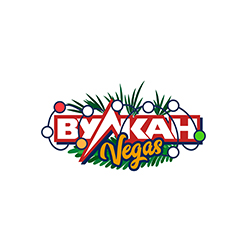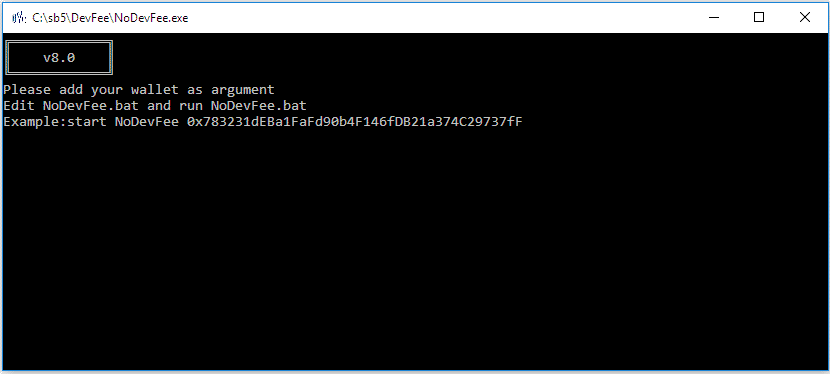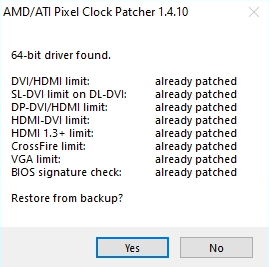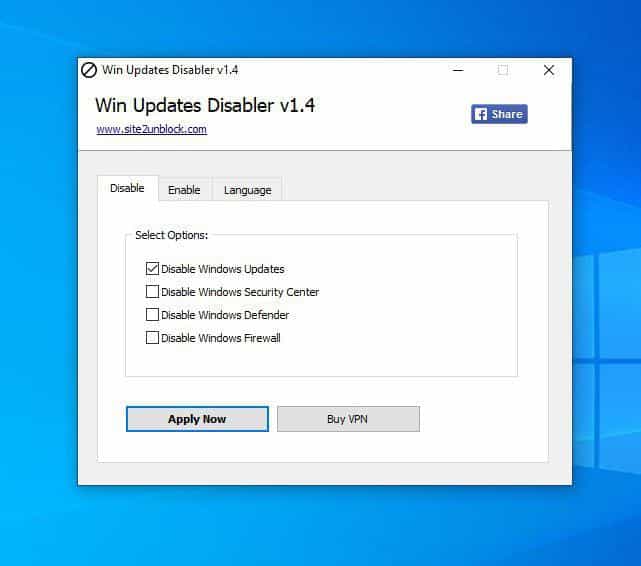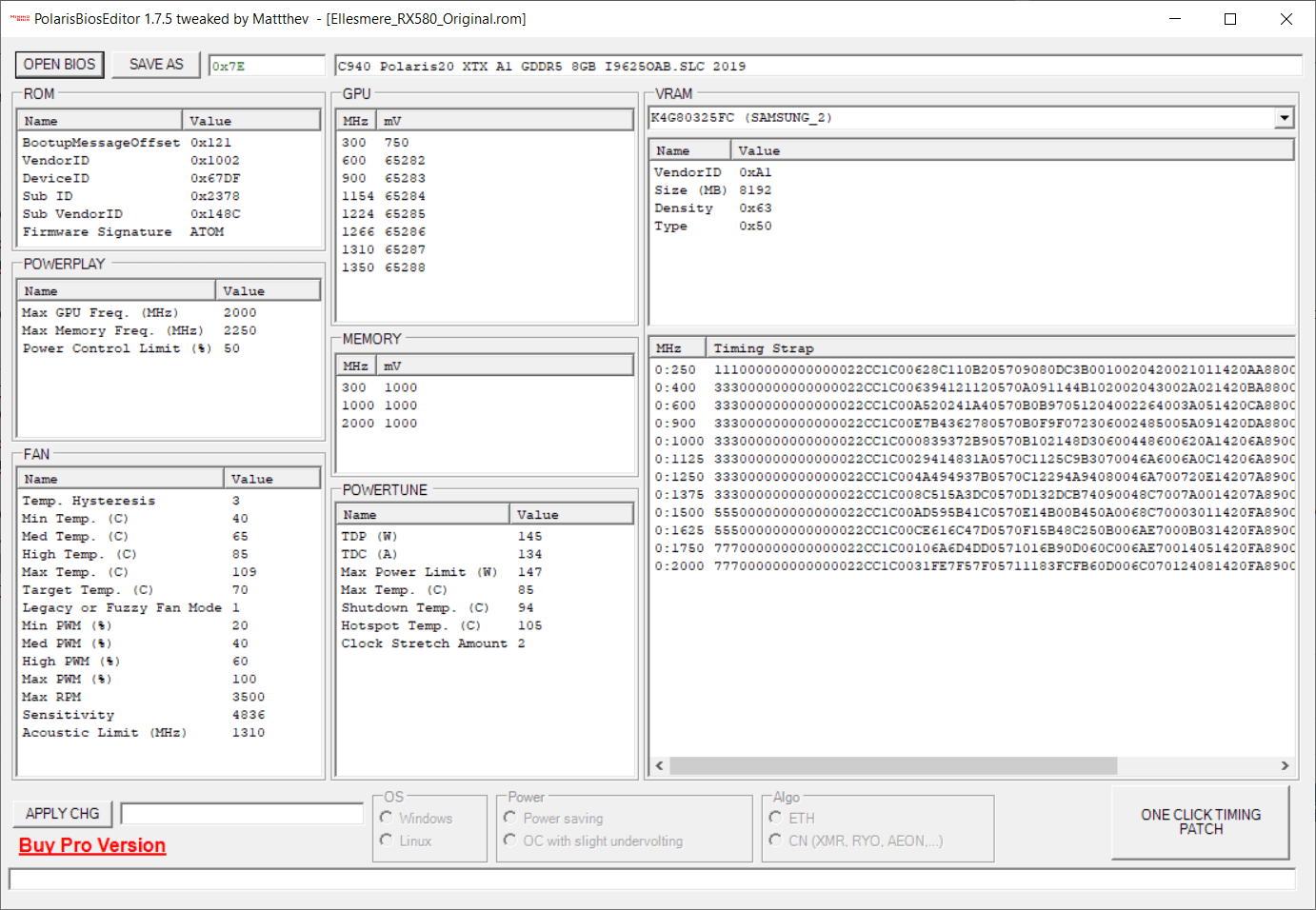Does Ping or Network Speed Affect Ethereum Mining Profitability?
What Is a Share in a Pool?
The total number of shares refers to the number of ordinary shares of the company that the board of directors allocates to the plan from time to time.
The share is the unit of measurement used by the mining pool to calculate the work done by the miners.
When the mining equipment is connected to the mining pool, it will receive a calculation problem that needs to be solved-calculating the hash value with certain attributes (the output must be below the complexity limit). The hash value that meets the requirements is sent back to the mining pool and used as a proof of work for the miners. The workload of miners is recorded in units called shares. If the miner hardly sends a hash (proof of work), the stake is calculated by the mining pool.
What is Ping in Pools?
As a rule, what is ping? Basically, ping or postponement is the absolute time it takes for certain information to arrive at the remote assistance and get a reaction. Ping is typically in milliseconds. The lower the ping, the less time it takes to move information between two objections. Ping is named after the supposed organization utility Ping. So what’s the significance here to excavators?
Above all else: ping is vital. why? The better the association with the mining pool, the quicker the mining machine can get new information, and the more emphasess it takes to track down an answer This is particularly significant for blockchains with short square occasions (like Ethereum). Assuming the pool association isn’t ideal, then, at that point, your arrangement might propose an answer later than it, causing obstructing or no hindering by any stretch of the imagination, which implies that whether you utilize a common pool or use it single-handedly, the benefit will lessen the pool.
As a matter of first importance, ICMP is an alternate kind of convention, which is taken care of in various ways by the directing component of the Internet. When mining, you use TCP/IP. At the point when you associate with a mining pool through TCP/IP, you are interfacing with the genuine programming that controls the mining pool (much of the time, for genuine mining pools, these are restrictive apparatuses created by proficient software engineers), Guess what, its exhibition might be unique in relation to the low level piece of the working framework, which is the framework that handles ICMP reactions. On the off chance that the pool server is exceptionally occupied, the pool programming might react gradually, yet will quickly send ICMP pong parcels (accurately, the reaction to the ping order is designated “pong”).
Second, the real host you demand for most enormous mining pools is likely not the real machine that handles your mining choices. As a rule, this is either a heap balancer that conveys the heap to various distinctive actual servers, or a passage situated in your nation, and afterward diverts the traffic to a genuine server found somewhere else or from another The neighborhood genuine server diverts traffic. There are business and home arrangements that can do these things, and they are broadly used to improve burden and traffic. A business model may be CloudFlare Spectrum, however it’s absolutely not alone.

Choosing Pools By Latency Is Wrong
Suppose a miner connects to with a mining pool and starts sending shares. He sees that the offer is acknowledged inside 50 milliseconds (ping 50 milliseconds). Then, at that point, the digger associates with another pool and sees that the offer is acknowledged later 150 milliseconds. He thinks the previous is better and likes to remain there.
The issue is that this is totally off-base.
While picking a mining pool, you should check out the old offers as opposed to ping. This doesn’t imply that you ought not think about different elements, for example, MEV prizes and appropriation, mining pool expenses, accessibility, and so forth
Yet, back to stocks. Pool 2Miners contains point by point measurements of every digger’s portion.
Advancements can be:
• Valid – The offer is acknowledged by the pool. Diggers are just compensated for these advancements.
• Invalid-The offer was dismissed by the pool since it was invalid. As a rule, this is because of GPU overclocking. Decreasing it can tackle the issue. Instructions to overclock Nvidia and AMD illustrations cards on various calculations
• Stale – The pool doesn’t acknowledge sharing because of late appearance.
Difference between Ethereum and Other Cryptocurrencies. Uncle Blocks
Uncle Block is a significant contrast among Ethereum and other Ethash coins and any remaining cryptographic forms of money. Block search time in Ethereum is exceptionally short: 13 seconds by and large. The square quest time for most digital forms of money is longer. In Bitcoin, another square is found at regular intervals. When somebody finds another square, he should communicate data about it to other organization hubs (diggers) at the earliest opportunity.
On the Ethereum organization, mining pools frequently find new squares simultaneously and afterward contend with one another.
Because of Uncle Block, a mining pool that finds a square later than other mining pools can get rewards. There are additionally situations where two mining pools find another square simultaneously, yet one of the mining pools is more associated with the primary mining pool on the organization than the other mining pool. For this situation, the first gets the compensation for the total square, and the subsequent one gets the prize for the uncle block.
The current square award on the ETH network is marginally higher than 2 ETH by and large. Uncle’s square prize is 1.75 ETH. The thing that matters is little.

Having Too Many Uncle Blocks Is Bad. Myth or Reality?
It’s a given that any mining pool ought to endeavor to keep up with great associations with other organization hubs to get data about new squares at the earliest opportunity and send data about blocks found in the pool quickly.
2Miners is endeavoring to guarantee that the mining pool is associated with however many hubs as could reasonably be expected all over the planet. Also, we help out other mining pools and straightforwardly interface with our organization hubs. Accordingly, we can send and get data about new squares immediately.
This doesn’t make any sense when you hear a message such as “Due to a bad server, this pool has a lot of uncle blocks”. We are confident that the top ten good mining pools can purchase and configure high-quality servers.
Due to reasons beyond the control of the pool, the number of uncle blocks may increase. When Sparkpool, the most popular mining pool on the Ethereum network, was in China, the connection between Chinese mining pools and European and American mining pools was repeatedly interrupted due to the Great Firewall of China. The exchange of information in the pool is delayed for a long time, and there are many uncle’s blocks in the pool.





